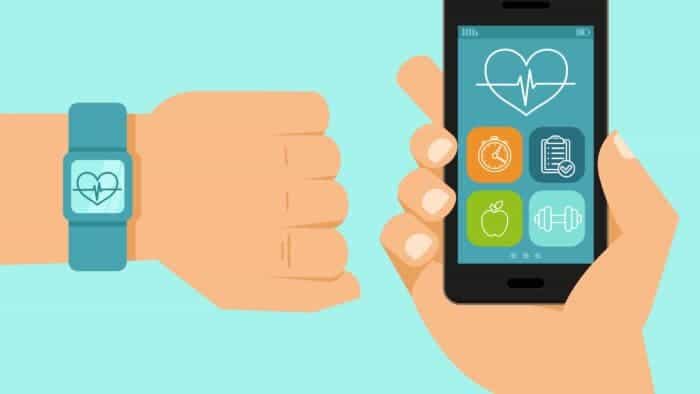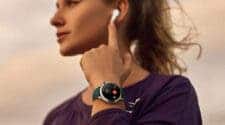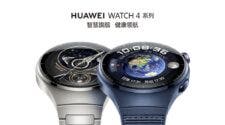The unassuming rectangle in our pockets has transcended its role as a communication device, transforming into a multifaceted health companion. The smartphone, armed with an arsenal of sensors and apps, has become a ubiquitous health tracker, monitoring everything from our daily steps to the quality of our sleep. But how accurate are these trackers? What benefits do they offer? And, perhaps most intriguingly, how can they pave the way for personalized health monitoring, revolutionizing the way we understand and manage our well-being?
The Smartphone as a Health Tracker: From Steps to Sleep, and Beyond
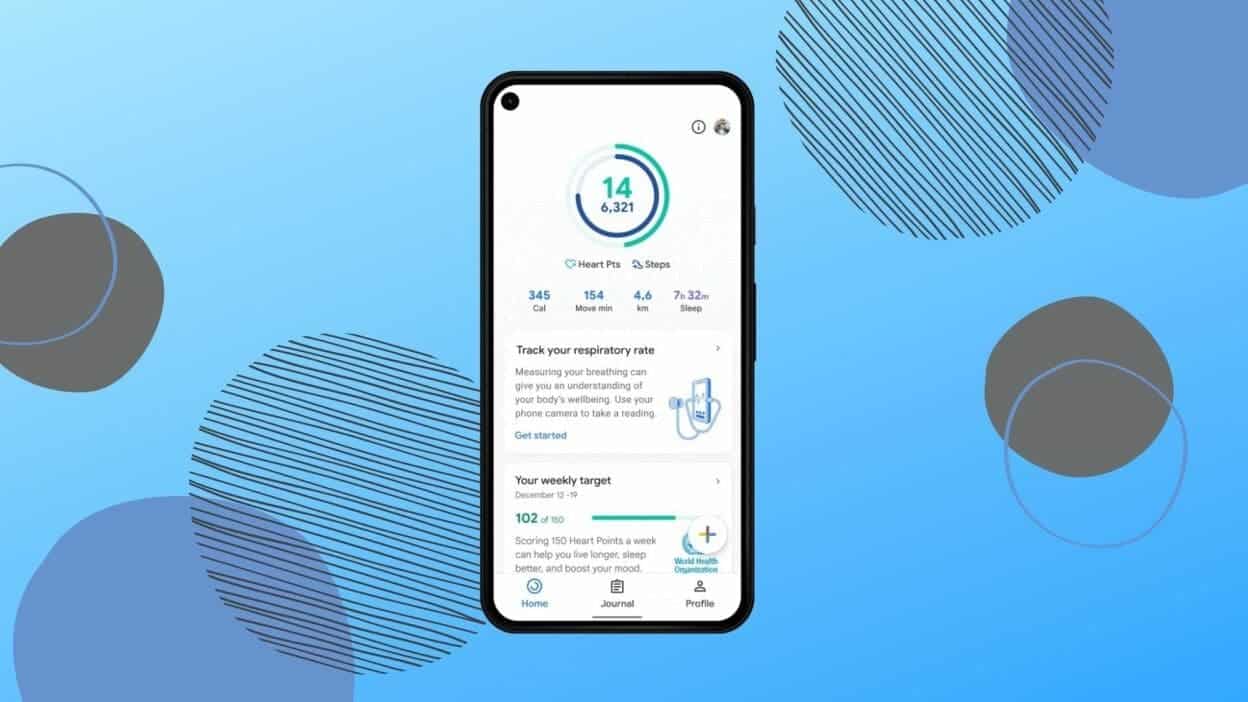
From Pedometers to Powerhouses: Quantifying Our Lives
The journey of the smartphone as a health tracker began modestly. Early iterations focused on step counting, a seemingly simple metric that sparked a wave of self-quantification. Apps like “Nike+ Running” and “Strava” gamified fitness, turning miles into trophies and fostering a sense of community. Pedometers were replaced by accelerometers, offering more nuanced data on movement and activity intensity. Soon, GPS joined the party, allowing us to map our runs and walks, adding a spatial dimension to our fitness metrics.
- Step Counting: While simple, accuracy depends on factors like terrain, gait, and phone placement. Dedicated pedometers often outperform smartphones.
- Heart Rate Monitoring: Camera-based methods can be unreliable due to skin tone, lighting, and movement. Chest straps offer greater precision but are less convenient. ECG apps are emerging but require regulatory approval and validation.
- Sleep Tracking: Algorithms struggle to differentiate sleep stages, particularly REM sleep. Combining data with wearables or smart mattresses could improve accuracy.
- Stress and Mood Monitoring: These features are still in their infancy, relying on indirect measures like heart rate variability and skin conductance. More research and validation are needed.
Beyond Steps: A Universe of Health Data
As smartphone technology advanced, so did the scope of health tracking. Gyroscopes detected changes in orientation, enabling the tracking of sleep patterns and even yoga poses. Cameras were leveraged for heart rate monitoring through subtle changes in blood flow captured in fingertip scans. Microphones analyzed snoring patterns to assess sleep quality. Smartphones became miniaturized biofeedback labs, offering a glimpse into the inner workings of our bodies.
- Motivation and Goal Setting: Tracking progress can be a powerful motivator, encouraging us to stick to fitness or health goals. Gamification elements can further enhance engagement.
- Self-Awareness and Insight: Data visualization allows us to identify patterns and trends in our health behavior, promoting self-awareness and prompting changes.
- Early Warning Signs and Prevention: Monitoring vital signs like heart rate and sleep can provide early warning of potential health issues, enabling proactive intervention.
- AI-Powered Analysis: Machine learning algorithms can analyze vast datasets to identify personalized risk factors and recommend targeted interventions.
- Integrative Health Platforms: Combining smartphone data with medical records, genetic data, and environmental factors can create comprehensive health profiles for truly personalized care.
- Behavioral Coaching and Feedback: Smartphones can deliver real-time feedback and coaching tailored to individual needs, supporting behavior change and healthy lifestyle choices.
Accuracy Unraveled: Strengths and Limitations
However, the accuracy of these measurements is not without its caveats. Step counting can be imprecise, particularly on uneven terrain or when carrying objects. Heart rate monitoring via phone cameras can be unreliable in low-light conditions or for individuals with darker skin tones. Sleep tracking algorithms, while constantly improving, still struggle to differentiate between light and deep sleep stages. Recognizing these limitations is crucial for interpreting the data our smartphones provide.
- Data Privacy and Security: Robust data security measures and user control over data sharing are crucial to prevent misuse and protect privacy.
- Misinterpretation and Overreliance: Educational resources and responsible app design are essential to prevent misinterpretation of data and unhealthy dependence on technology.
- Accessibility and Equity: Ensuring affordability and user-friendly interfaces is critical to avoid exacerbating health disparities and making personalized health accessible to all.

Benefits Beyond the Numbers: Empowering Health Choices
Despite these limitations, the benefits of smartphone health tracking are undeniable. The ability to visualize trends in our activity levels, sleep patterns, and even heart rate variability can empower us to make informed choices about our health. Tracking our steps can motivate us to move more, while sleep insights can encourage us to prioritize healthy sleep habits. Monitoring heart rate variability can provide early warning signs of stress or fatigue, prompting us to take proactive steps to manage our well-being.
Future Directions: From Tracking to Transformation
- Integration with Wearables and Smart Homes: Seamless data exchange between devices can create a holistic picture of health and enable contextually aware interventions.
- Biomarker Detection through Smartphones: Advanced sensors and AI algorithms could enable non-invasive detection of biomarkers for early disease diagnosis.
- Closed-Loop Systems for Automated Intervention: Imagine smartphones triggering personalized interventions like medication adjustments or environmental modifications based on real-time health data.
Personalized Health: The Future Beckons
The true potential of the smartphone as a health tracker lies in its ability to usher in an era of personalized health monitoring. By combining data from an array of sensors with individual health information like medical history and genetic predispositions, smartphones can tailor health recommendations and interventions to our unique needs. Imagine a future where your phone suggests personalized workouts based on your fitness level and injury history, or reminds you to take medication based on your circadian rhythm and genetic data. This era of personalized health promises to revolutionize preventive care and empower individuals to take charge of their well-being.
Challenges and Considerations: A Path Forward
The road to personalized health is not without its challenges. Data privacy and security concerns abound, requiring robust safeguards to protect sensitive health information. The potential for misinterpreting data or overreliance on technology necessitates responsible education and awareness. Addressing these challenges head-on is crucial for ensuring that the benefits of personalized health tracking outweigh the risks.
Gizchina News of the week
A Pocket-Sized Revolution
The smartphone, once a mere communication device, has become a powerful tool for health tracking and potentially, personalized health management. While limitations exist and challenges remain, the potential is undeniable. As technology evolves and ethical considerations are addressed, the smartphone in our pockets has the potential to revolutionize the way we understand and manage our health, ushering in a future where personalized wellness is at our fingertips, literally.
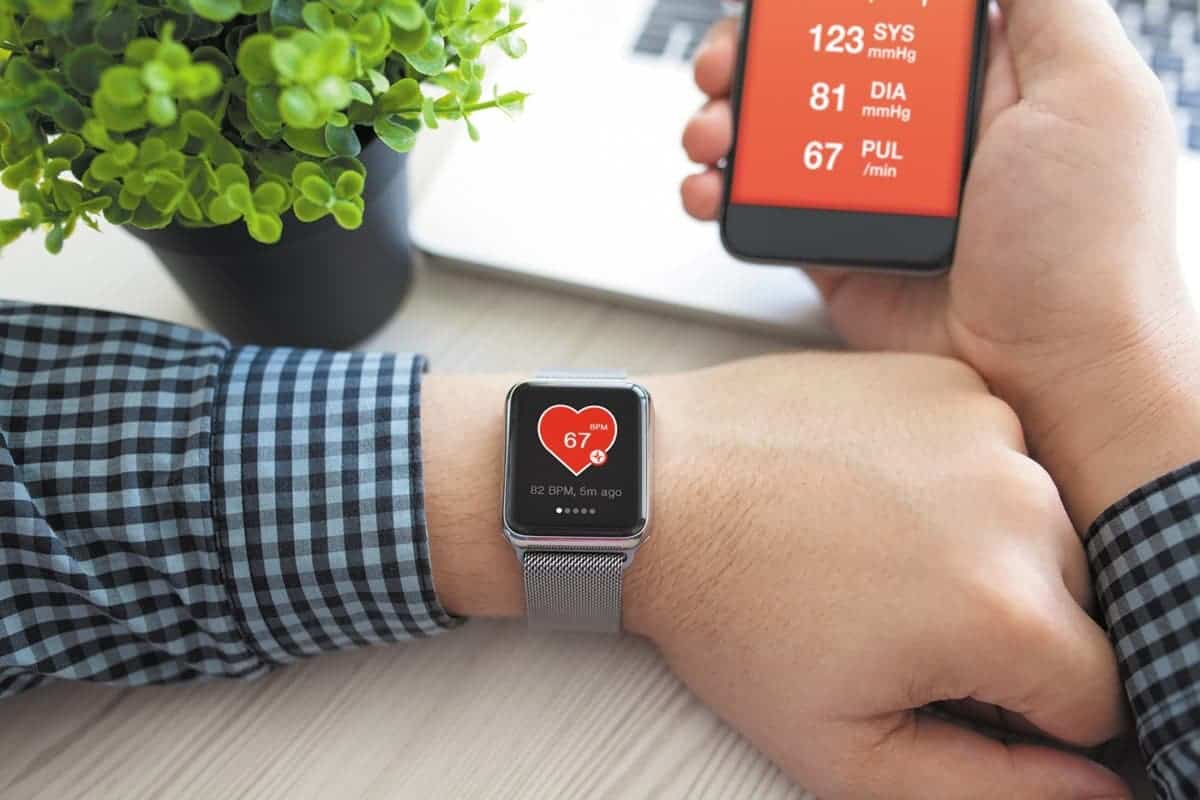
Tips and Tricks for Mastering Your Smartphone Health Tracker:
Maximizing Accuracy:
- Calibrate sensors regularly: Most apps have calibration routines for steps, heart rate, and GPS. Follow the prompts for optimal accuracy.
- Wear your phone strategically: For step counting, place it on your dominant hip or wrist. For heart rate monitoring, ensure a snug fit on your upper arm.
- Consider dedicated accessories: For specific activities like running, chest straps offer more accurate heart rate monitoring, while pedometers can be more precise for step counting.
- Be mindful of environmental factors: Avoid low-light conditions for camera-based heart rate monitoring, and account for terrain variations when interpreting step data.
Enhancing Benefits:
- Set realistic goals: Start small and gradually increase your goals to avoid discouragement. Focus on consistency over overnight transformations.
- Customize your dashboard: Prioritize metrics relevant to your goals and interests. This will keep you engaged and motivated.
- Share your progress: Join challenges or connect with friends using health tracking apps. Social support can boost motivation and accountability.
- Interpret data with context: Don’t obsess over single data points. Look for trends and patterns over time to gain valuable insights into your health behavior.
Personalization Prowess:
- Utilize integration features: Connect your health tracker with other apps like fitness platforms or calorie trackers for a holistic view of your health.
- Explore advanced features: Many apps offer personalized insights and recommendations based on your data. Don’t shy away from exploring these features.
- Seek professional guidance: Consult your doctor or healthcare professional to interpret your data in the context of your overall health and medical history.
- Remember, you’re in control: You decide what data you share and how you use it. Prioritize your privacy and comfort above all else.
Beyond the Phone:
- Embrace wearables: Smartwatches and fitness bands offer additional sensors and convenience for specific activities.
- Explore smart home integration: Smart devices can create a health-supportive environment, adjusting lighting, temperature, and music based on your data.
- Remember, technology is a tool: Your well-being goes beyond numbers. Use your health tracker as a motivator and guide, not a sole source of truth or validation.
Unlocking Hidden Features and Power-Ups
- Data Detective: Dive deeper into app data by exporting it to spreadsheets or connecting it to data visualization tools. This can reveal hidden patterns and correlations you might miss otherwise.
- Sensor Fusion: Many apps allow combining data from different sensors (steps, heart rate, GPS) to create richer insights. Track distance and pace during walks, or analyze sleep patterns in relation to activity levels.
- Biohacking with Apps: Explore advanced tracking features like heart rate variability monitoring (HRV) or respiration analysis. These can provide early warning signs of stress or fatigue and guide relaxation techniques.
- Community Insights: Join groups or forums dedicated to your specific health tracker. Learn from other users, share tips and tricks, and discover hidden features or app hacks.
- Developer Mode for Power Users: Some apps offer developer mode access, allowing you to customize data collection and analysis. This is not for the faint of heart, but for savvy users, it can unlock a whole new level of data exploration.
Building a Personalized Health Ecosystem:
- Connect your tracker to wearables and smart home devices: Create a seamless health ecosystem where your phone, smartwatch, and smart home work together. Imagine your lights dimming as you fall asleep or your thermostat adjusting based on your activity level.
- Integrate with health and fitness platforms: Sync your data with platforms like MyFitnessPal or Strava for comprehensive calorie tracking, workout planning, and performance analysis.
- AI-powered health assistants: Explore apps that combine health tracking with AI-powered virtual assistants. Get personalized recommendations, reminders, and coaching based on your data and individual needs.
- Build your own health dashboard: Use web-based tools to create a custom dashboard that integrates data from all your health and fitness apps, giving you a single, unified view of your progress.
Remember, Tech is a Tool, Not a Master:
- Find the balance: Don’t get lost in the data vortex. Use your health tracker as a tool to inform your decisions and empower your goals, not as a source of stress or obsession.
- Listen to your body: Data is valuable, but don’t ignore your intuition and physical sensations. If something feels off, prioritize your well-being over your app readings.
- Take breaks: Disconnect from your tracker regularly and enjoy non-quantified moments. Focus on mindful movement, fresh air, and real-world connections.
- Celebrate progress: Don’t just track the numbers, celebrate the journey. Notice the small wins, acknowledge your effort, and be proud of how far you’ve come.
By implementing these tips and tricks, you can transform your smartphone from a simple health tracker into a powerful tool for personalized health management. Remember, the key lies in finding a balance between data-driven insights and mindful self-awareness. Embrace the potential of technology while staying true to your individual needs and goals.

